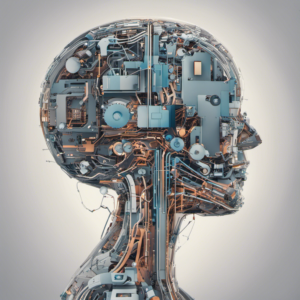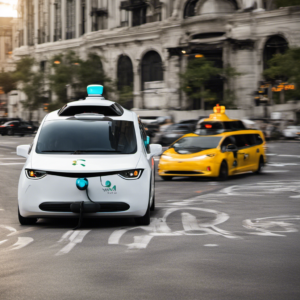
During the novel coronavirus infection disease (COVID-19) pandemic, worldwide automotive sales revenue plummeted, but the electric mobility vehicle market proved to be remarkably resilient in several countries. The COVID-19 outbreak in Wuhan in 2019 caused the most significant global economic hardship since World War II and had a significant impact on the automotive manufacturing industry.
Electric vehicles (EVs), also known as “electrics,” have gained popularity among more than two million people worldwide. However, they currently account for only 2.5 percent of the global light vehicle marketplace.
In India, the concept of electronic scooters is becoming a new norm due to the country’s economic slowdown, disruptions in the supply chain, and an unforeseen increase in petrol and diesel prices. This shift towards electric scooters is not only driven by economic factors but also by the need to safeguard the environment, making it more of a necessity than just an initiative. Pollution has become a serious concern in practically every city in India.
Electrically driven automobiles can be broadly categorized into three types: Battery-operated electric vehicles (EVs) that run on electricity stored in a battery, Plug-in hybrids that combine a gasoline or diesel engine with an electric motor and rechargeable battery, and Fuel cell vehicles that use hydrogen molecules to produce electricity for the engine.
Recently, the state of Gujarat on the western coast of India has taken a significant step to attract the American electric vehicle and clean energy company, Tesla, to set up a base within its borders. Tesla has been in talks with several states, including Gujarat, for its entry into the Indian market.
Auto Expo 2020 served as a turning point for electric vehicles (EVs) as the launch of various automotive models signaled a milestone in the future of the domestic market. The event primarily focused on the future of electric vehicles, and all major players in the industry showcased their leading electric models.
The electric mobility market is currently a lucrative objective for businesses and start-ups in India.
While electric mobility holds the potential to create fossil-fuel-free societies in India, there are still many hurdles to overcome before electric vehicles can achieve widespread adoption on a large scale.

